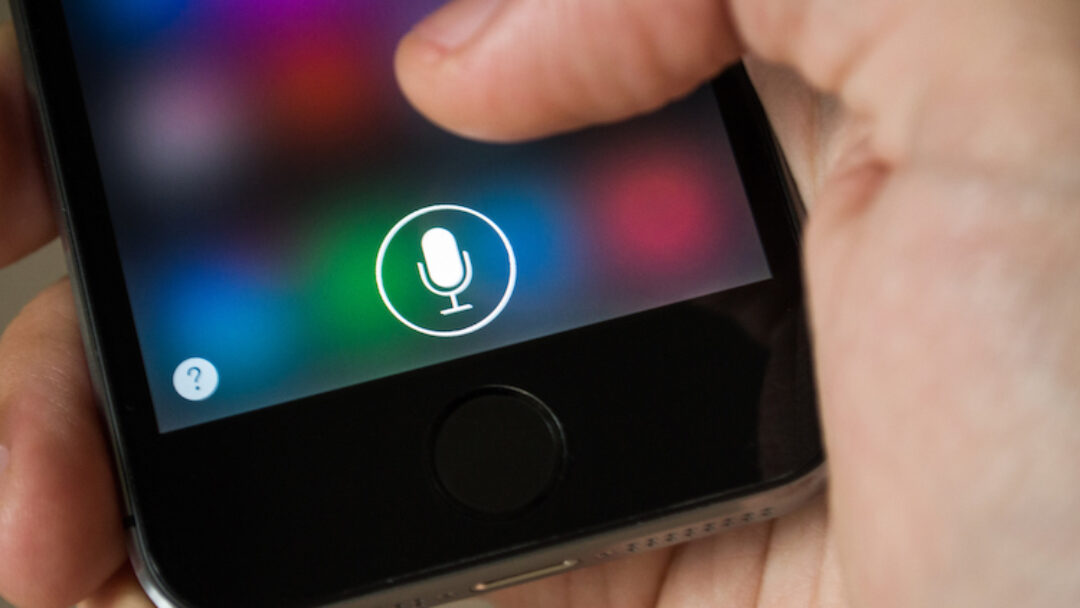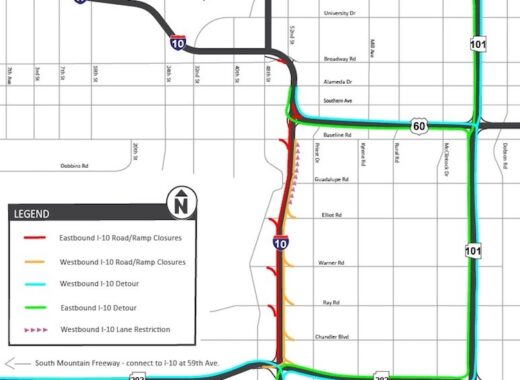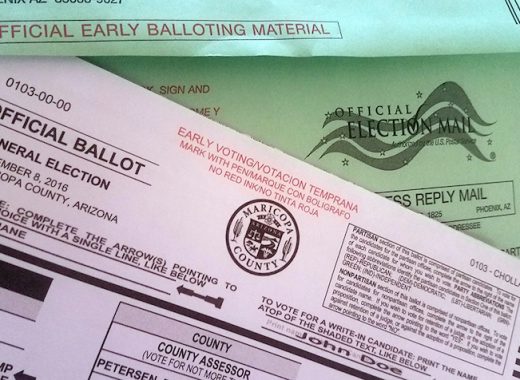In the aftermath of the audio recording obtained by DailyMail.com in which it appears that Arizona GOP leader Jeff DeWit attempted to bribe Kari Lake not to run in the state’s Senate race, many are questioning the legality of the situation. What is the law in the state of Arizona regarding recording a conversation.
Recording conversations without proper consent can have legal consequences, so it’s crucial to know your rights and responsibilities. In this article, we will delve into the intricacies of Arizona’s recording laws, exploring what is considered legal and what is not.
What is considered a “one-party consent” state?
Arizona follows the “one-party consent” rule when it comes to recording conversations. This means that as long as one person involved in the conversation gives their consent to be recorded, it is considered legal. However, it is important to note that this consent must be obtained from at least one party involved in the conversation. It is not necessary to inform all parties that the conversation is being recorded.
Understanding the concept of “reasonable expectation of privacy”
The concept of “reasonable expectation of privacy” plays a crucial role in understanding Arizona’s recording laws. In public places where individuals have no reasonable expectation of privacy, recording conversations is generally considered legal without consent. Public places include streets, parks, and other areas where people do not have a reasonable expectation of privacy. However, it is important to use discretion and respect the privacy of others when recording conversations in public places.
Can you legally record conversations in public places?
Yes, you can legally record conversations in public places in Arizona without obtaining consent from all parties involved. As long as the conversation is not taking place in an area where individuals have a reasonable expectation of privacy, such as a public restroom or a changing room, it is generally acceptable to record conversations. However, it is crucial to remember that using such recordings for any illegal or malicious purposes is strictly prohibited.
Recording conversations in private settings – homes, offices, and vehicles
When it comes to recording conversations in private settings, such as homes, offices, and vehicles, the rules change. In Arizona, you are legally allowed to record conversations in these private settings only if you are one of the parties involved in the conversation. This means that if you are present in your own home or office, you have the right to record conversations without obtaining consent from others. However, if you are not part of the conversation or if you are recording in someone else’s private space, it is illegal to record without their consent.
Consent requirements for recording phone calls
Recording phone calls in Arizona follows the same “one-party consent” rule. As long as one party involved in the phone call gives their consent to be recorded, it is considered legal. However, it is important to note that if you are recording a phone call with someone located in a two-party consent state, you must obtain consent from all parties involved in the conversation.
Exceptions to Arizona’s recording laws
While Arizona generally follows the “one-party consent” rule, there are exceptions to this law. Some situations require explicit consent from all parties involved, regardless of whether it is a public or private setting. These exceptions include confidential communications, such as attorney-client conversations or conversations protected by doctor-patient privilege. It is important to be aware of these exceptions and respect the privacy rights of others.
How to use recorded conversations as evidence in legal cases
If you have legally recorded conversations and wish to use them as evidence in a legal case, it is important to understand the rules surrounding their admissibility. In Arizona, recorded conversations can be used as evidence in court as long as they are relevant, authentic, and meet the requirements of the Arizona Rules of Evidence. It is advisable to consult with an attorney to ensure that your recordings comply with the necessary legal standards and can be used effectively in your case.
Understanding Arizona’s recording laws is crucial to avoid legal consequences and protect your rights. Arizona follows the “one-party consent” rule, allowing you to record conversations as long as one party involved gives their consent. However, it is important to respect the concept of “reasonable expectation of privacy” and use discretion when recording conversations in public places.








